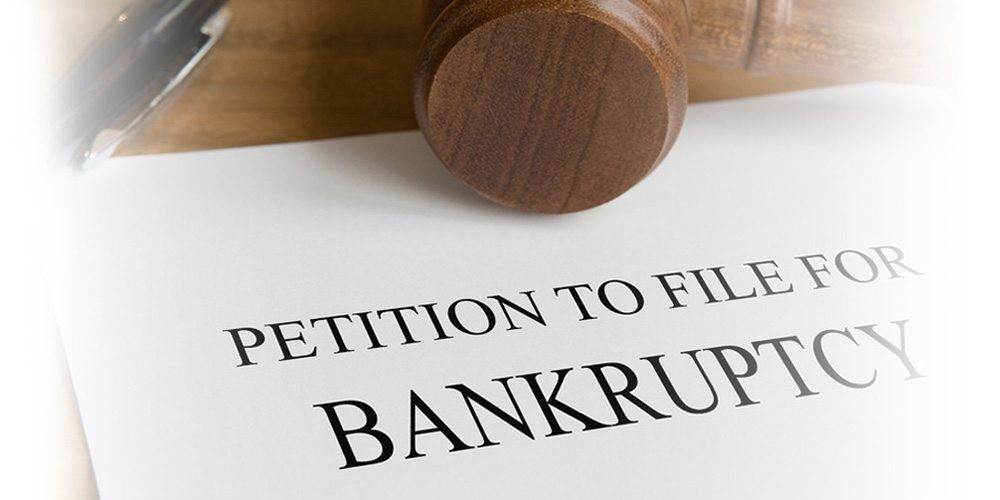Covid-19 has wreaked social and economic havoc on the modern world. In the United States, lawmakers responded by passing several economic stimulus packages for a common goal to protect public health and safety. Among the most impactful provisions of the economic stimulus packages were funding increases and eligibility expansion for many social safety net programs. The stimulus packages required these programs to expand very rapidly and without proper administrative resources to meet the public need. Mistakes are bound to happen and, unsurprisingly, some benefits were overpaid. This article will examine the consequences for financially struggling people who utilized the social safety net were overpaid, and examine their options.
What are social safety net programs? This article uses the broad term “social safety net program” to describe many government benefit programs like social security benefits (retirement or disability), unemployment insurance, Medicare and Medicaid, Supplemental Nutrition Assistance Program (SNAP, aka “food stamps”), and Low Income Heating Assistance Program (LIHEAP). As used in this article, “social safety net program” also includes long-term and short-term disability insurance benefits paid by a third-party insurer while the Social Security Administration reviews your application. These social safety net programs share the common characteristic that beneficiaries may be overpaid and the government or insurance company may later demand repayment.
What is a benefit overpayment? Stated simply, an overpayment occurs when a person receives more benefit than they were entitled to receive. Oftentimes, overpayments happen through no fault of the recipient. In my practice, I have seen many common scenarios. Perhaps the Social Security Administration made a benefit determination and after making payment, new information comes to light that lowers your eligibility amount. Maybe a short- or long-term disability insurance company makes a similar determination or demands repayment of the funds they paid to you when your Social Security application was pending. Amid the Covid-19 pandemic, unemployment insurance overpayments have also become increasingly common. When the federal government authorized an extra three-hundred dollars per week benefit and so many hard-working people were suddenly out of work, states experienced significant difficulty processing benefit applications in an accurate and timely fashion. This lead to many overpayments. After the initial shock of learning that they were overpaid, many people want to know what options they have to handle the overpayment.
After identifying an overpayment, next comes repayment. Your options may seem limited to repaying the funds all at once or, if you are entitled to an ongoing benefit, accepting a set-off of future funds. Set-offs allow the overpaid person to repay the benefit over time by reducing their ongoing benefit by an amount certain until the overpayment is rectified. Lesser-known options exist too. If you were overpaid in a government benefit program, you often have a right to appeal the overpayment determination and question the accuracy. If you prevail, your overpayment could be reduced or eliminated. If you do not have an administrative appeal option (for example, an overpayment of a private insurance benefit) or you have appealed and the overpayment and lost, filing for bankruptcy is also a viable option.
Under the Bankruptcy Code, overpayment debts are general unsecured debts like credit cards, medical bills, and personal loans. Filing for bankruptcy protection can help to resolve all of your outstanding debts (including the overpayment) by discharge or restructure. In my bankruptcy practice, we have helped numerous debtors successfully navigate the waters of social safety net program overpayments. If you are considering filing for bankruptcy as an option to resolve these kinds of debts, here are several items you should discuss with your attorney. The most crucial item is fraud. Under 11 U.S.C. § 523(a)(2), if you obtained the benefits by false pretenses, written or spoken false representations, or by any other actual fraud, then the overpayment will not be dischargeable in bankruptcy. Another important item is patience. Processing delays are common. Especially with government-sponsored programs. Time will elapse between filing for bankruptcy and the required adjustment to your benefits. One final item is your benefit amount. Bankruptcy may eliminate or restructure the debt, but you will not be entitled to compensation for any set-offs prior to filing for bankruptcy protection.
This article sought to shed light on social safety net program overpayments how bankruptcy protection can help resolve them. If you owe an overpayment for benefits you received, you should consult a qualified attorney who understands these difficult subjects and can provide expert legal advice. Rely on the experienced, proven, and trusted bankruptcy attorneys at Mooney Law stand ready to assist you and answer your questions. Consultations for bankruptcy are always FREE at Mooney Law. To schedule a FREE consultation, call us today at 833-MOONEYLAW or at 717-200-HELP. You can also visit the firm website at https://www.mooney4law.com.


